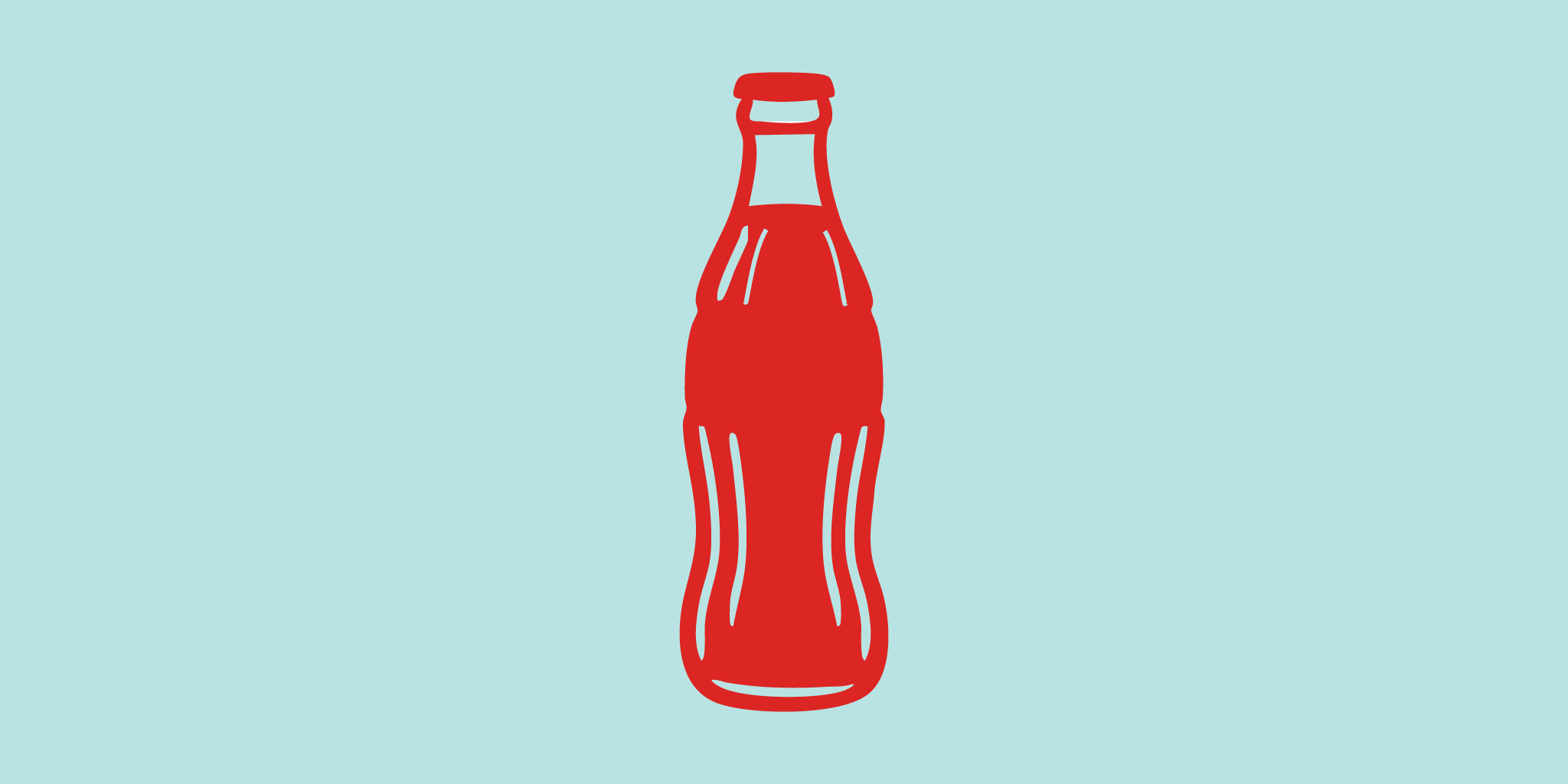Show Transcript
We’re zooming in on a single story to take a closer look at how one of the world’s most iconic brands, Coca-Cola, is pushing the boundaries of marketing through AI. It’s a chance to reflect not just on the tech itself, but on what it means when creativity, automation, and brand legacy collide.
Without further delay …. Here’s your Tech Brief update from June 30.
Earlier this year, Coca-Cola launched its “Classic” campaign, aimed at celebrating the brand’s presence in literature. Using AI, the campaign scanned thousands of books to identify references to Coca-Cola. However, the initiative faced criticism when it allegedly attributed a non-existent book to renowned author J.G. Ballard. The line used in the commercial wasn’t from Ballard at all, but a translated excerpt from a 1985 interview originally conducted in French.
This wasn’t the first time Coca-Cola’s exploration into AI sparked backlash. During the last holiday season, the company released an AI-generated Christmas ad designed to evoke nostalgia by reimagining its iconic 1995 “Holidays Are Coming” commercial. Despite the intention, the ad was widely criticised as “soulless” and lacking the warmth and charm of the original.
In another recent example, Coca-Cola allegedly deployed an AI-powered ad agent in Saudi Arabia to target over 828,000 fast-food fans. The AI analysed delivery app data to predict when users were most likely to order fast food—then served them Coca-Cola ads at just the right moment. While the campaign earned praise for its precision and scale, it also raised concerns around data privacy and how far brands should go with hyper-targeted advertising.
So what does this mean for the future of AI in marketing?
Coca-Cola is far from alone. These examples reflect a broader global trend: brands are increasingly leaning on AI to boost creative output, automate media buying, and reach consumers in new ways. But these innovations also highlight a growing tension—between efficiency and authenticity, and between personalization and privacy.
As brands race to integrate AI into their storytelling and strategy, they must tread carefully. AI can help unlock new creative possibilities, but it can’t (yet) replicate emotional nuance, cultural context, or human intuition. Getting it right means balancing innovation with responsibility—and understanding that even the smartest tech needs a human touch.
Thanks for listening. This pod was edited and produced by a human and narrated by me, an ai. If you enjoyed this briefing, follow us and share it with someone who might like it as well.
To learn more about this story check the show notes or visit Coffeehouse.studio
Extra content and resources:
Dan O’Hara, one of the book’s editors of the booked mistakenly attributed to J.G Ballard confirmed he was the one who translated and wrote that version of the text.
And since this article came out, Coke have removed the ad, which has already been running for a month in cinemas, on radio, billboards and the net.
— Dan O'Hara (@skeuomorphology) May 14, 2025
They didn't ask permission and certainly haven't paid to use my translation.
The ad is here. pic.twitter.com/rzmx0fUGgU
Christmas Ad
Read more:
404 Media: “AI-Powered Coca-Cola Ad Celebrating Authors Gets Basic Facts Wrong”
AdAge: How Coke used an AI agent to target ads to 828,000 fast-food fans

